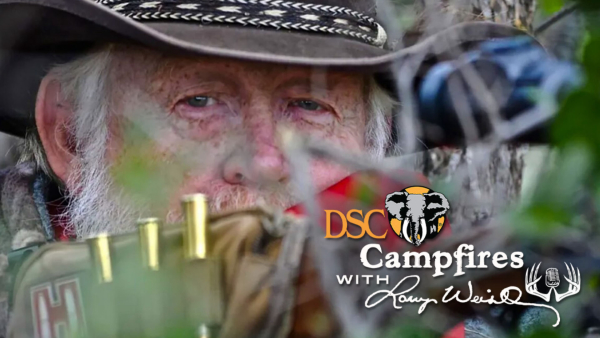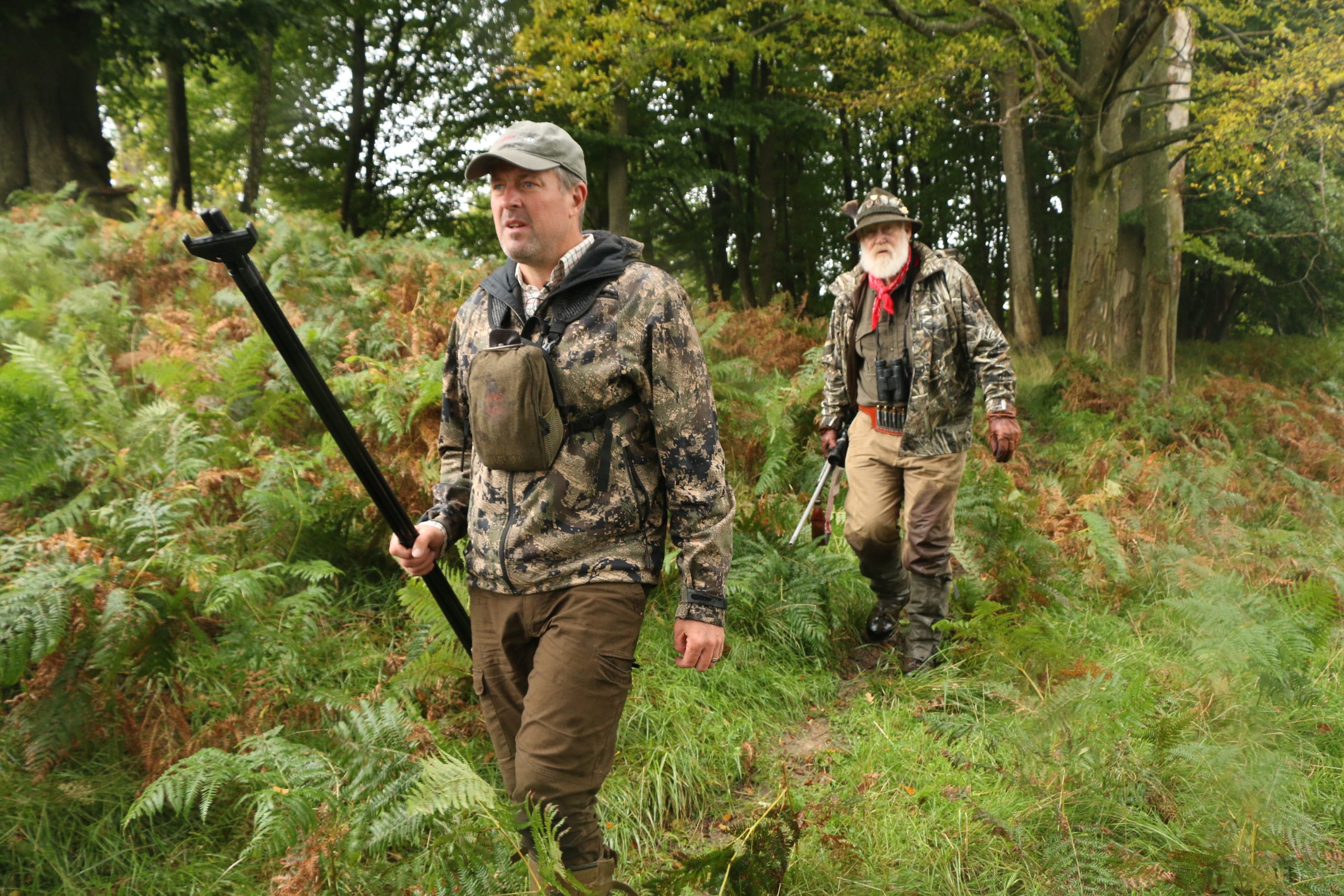By Dave Fulson

I am writing this on March 7, 2016, but my full focus is on the north zone spring turkey opener on April 2. This weekend I was on a big ranch south of Granbury doing a little scouting, and my phone has been ringing from buddies doing the same. Our discussion, as well as common concern, is wether the season will nearly be over before it’s open. You see my friends, like the ducks, winter seemed to miss Texas this year, and we are in the middle of an exceedingly early spring. Believe me, as it involves turkeys, Spring has Sprung!
Turkeys have been gobbling hard for the last couple of weeks, and we’ve still got weeks till our opener. We need a good cold front to roll through like the big rain coming in today to knock our long bearded buddies off their game for a week or so.
Last season was one of great difficulty; nearly all due to the massive flooding that hit us the entire season. I spent more time digging out of mud holes and fighting mosquitoes than I did having close encounters with gobblers. I fooled a bird or two, but it was a season I will be happy to forget.
The early spring has bit us before, but I am afraid that the non- winter we had this year may find the first week of the season to actually be the last part of serious courting of hens. They are strutting, and breeding right now, and if a front or two does not slow the process down, it might be nearly over before we get started. But I will be out there, and hope you will be as well!

The good news is that the floods of 2015 produced some of the best nesting and food cycles we have ever seen in Texas and many parts of the south. Chick survival was exceptional, and we will be enjoying the results in great hunting for the next few years. If indeed the breeding is in full swing before the season, we should still have mature birds on mop up duty, looking for hens that are not fully engaged in sitting on their clutch of eggs. This can result in aggressive behavior in both longbeards as well as two year old birds that get pushed out of the majority of the hen action.
I expect early gobbling that dramatically drops off after fly down. This was the problem last year. But, after the morning action is over for hen’d up birds, gobblers will break off and roam around on their own. Find a bird doing this between 9am and noon, and you can kill him! Do not over call! Forget cutting and fly down cackles and excited yelping, the time for that ended a couple of hours ago. Now is the time to pull out a good slate and send out subdued calls, exactly what a real hen would do at this time of day.
Like a roaming gobbler, I start moving. I call it walking and calling, and it is the best way to score once the early morning breeding is over. If he gobbles, fight the urge to call right back to him. Make him wait, and make him move. I like to let a gobbler know my location, but try to sound subdued in my response. If you sound excited and immediately answer his call, he will set up, strut, maybe gobble, then walk off. Better to make feeding clucks, and simulate more natural mid day hen sounds than the early morning hysteria you see on tv. Let him know you hear him, but let him come to you. It works!
Best of luck to all our DSC friends for a great spring. I’ll keep you posted on mine!




